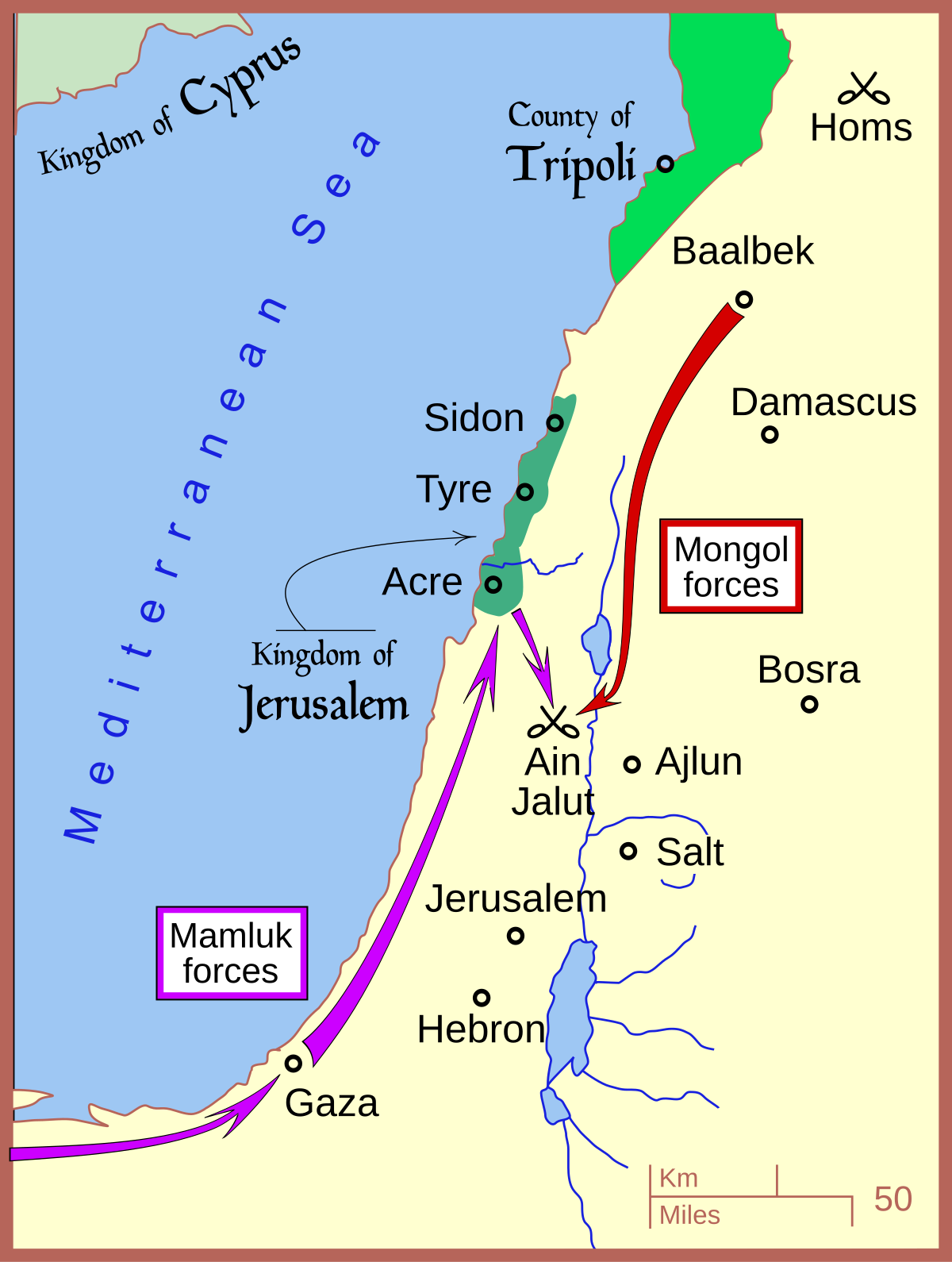Yes, that's the strategic skirmishing ability i talked about. The horse nomad armies were able to keep the initiative, being able to pick which battles happen, when and which to avoid (which in itself implies some battles would be bad for them to fight), and keep messing about, causing lots of disruption and damage, even if only to what was outside of castle walls.If you want to know about why Mongol invasion of Hungary failed, I'd suggest reading this:

Deep Ditches and Well-built Walls: A Reappraisal of the Mongol Withdrawal from Europe in 1242
In 1241, Mongol armies invaded Poland and Hungary, and small reconnaissance forces even penetrated the borders of the Holy Roman Empire. The following year, the Mongols pulled out of Central Europe though they retained their hold on Russia, the Blackwww.academia.edu
Fact that Mongol cavalry armies were as large as they were, and supplied themselves in nomadic way, caused them major problems in their European campaigns. In Hungary, Mongol armies began to starve in the winter without being able to achieve any lasting success - and that was in 1241 invasion. Invasion of 1285 was an outright disaster for the Mongols, and they got destroyed by combination of castle strategy, heavy cavalry and crossbowmen. Compare this to Hungarian campaigns of 15th century, where implementation of the wagenburg meant that winter campaigning was not only possible, but preferred.
But you are partly correct. Crossbows did significantly improve ability of foot armies to defend themselves from the horse archers - but horse archers were hardly a machine of death and despair even before introduction of crossbows. Roman armies successfully used foot archers - using short bows, mind you - to repel both Parthian and Hunnic horse archers, as well as other horse archers. In fact, Romans never had issues facing horse archers: it was cataphracts which were a major problem for them. Even Crassus, who was dumb enough to invade Parthia with no archers of his own, will have successfully extracted his armies from Persia if it weren't for Persian cataphracts.
Problem facing steppe horsemen was never the fact that they were horse archers. Rather, it was the fact that they could appear and disappear at will, often faster than message of their appearance could travel. But any time steppe horsemen successfully conquered something, that only happened after they acquired some infantry and siege engineers first. Hunnic armies which conquered Roman cities looked more like Roman armies of the time than anything else, and likewise, Mongol armies that conquered China were literally just Chinese armies with added element of Mongol cavalry (40% of which were heavily armored cataphract-style cavalry and not your stereotypical horse archers).
Conquering also means breaking the walls and holding the conquered territory, which is something where the horse nomads lose their core advantage - they have to defend lands whenever they are attacked, instead of picking the time and place of their battles.
And yeah, i know the steppe horse nomads didn't fight just as archers, they also used a lot more normal cavalry. But both were extremely mobile forces which could be abused in some ways against less mobile armies.
Because training and equipping professional soldiers takes a lot of time and money, even keeping them in peace does. Meanwhile when need be, needs of war, losses or whatever, grabbing a bunch of peasants, giving them some hastily produced spears and basic armor, and training them in some basic muster and combat, meant he had a half-decent army in few weeks at a small fraction of the cost. That's also not exactly a peasant mob, and with enough resources could be no worse than less generously sponsored professional troops, but as with many things in these times, there was little to no standardization in such things.That is actually only mostly wrong.
Yes, peasants were indeed conscripted into army. But that was never done lightly, and very rarely en masse. Issue was simply logistics: army larger than some 10 000 - 25 000 was impossible to supply in the field without extensive logistical arrangements that were largely beyond the capability of a feudal kingdom. So why would you send ten thousand peasant mobsters if instead you could have ten thousand professional soldiers?
But they didn't. Mongols fared even worse in southern Croatia than they did in Hungary, and were defeated by Crusaders and Mamluks in their only attempt to invade Levant.
In fact, Mamluks defeated Mongols in all battles except one, and heavily equipped Western European armies were nearly as successful against the Mongols as Mamluks were.
So while environmental conditions certainly played a part, they are hardly the explanation for Mongols successes and failures.

Battle of Ain Jalut - Wikipedia
A recent study claims that the Mongol defeat was in part caused by a short term climate anomaly following the eruption of Samalas volcano a few years earlier, stating that "a return to warmer and dryer conditions in the summer of 1260 CE, [...] likely reduced the regional carrying capacity and may therefore have forced a mass withdrawal of the Mongols from the region that contributed to the Mamluks' victory."[32]
